Leeside Legends: Jack Lynch loved hurling long after he left the game
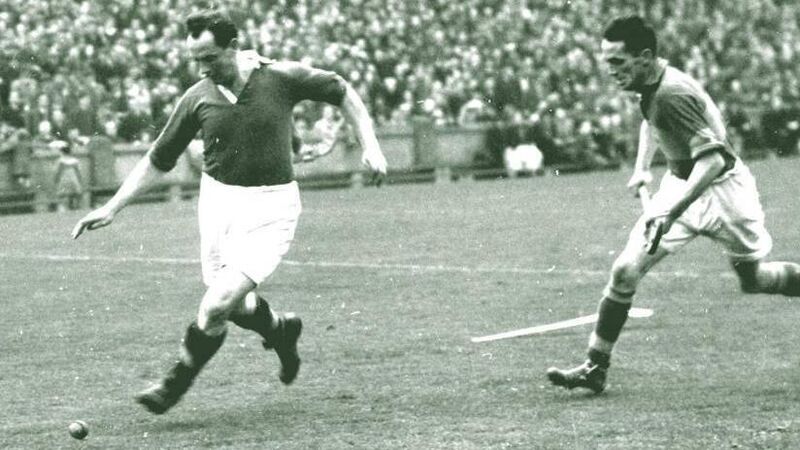
Jack Lynch was an incredible hurler and footballer, winning All-Irelands and counties in both codes.
“Hello Jack Lynch,” said the Clonakilty man, “you were great to come!”

“First and last, Jack is a hurler,” wrote a contemporary observer, John Power, in The Cork Book of Champions in 1945. “To him, the art of the camán is an open book. Fast ground play, open, overhead hurling, attack, defence — Jack has mastered them all. His game is ever clean, no shouting, no nerves, no fraying temper. He can give and take hard knocks as part of the game and being grassed — which indeed has been very seldom — can pick himself up with as charming a smile as you could wish to see. A hurler of the old and new schools. Jack Lynch seems to typify the kind of Irishman Cusack, Croke and those others had in mind when they brought back the hurling to Ireland.”

More impressive still, Lynch achieved all this success in both codes while pursuing a serious academic career. From secondary school through studying law by night to qualifying for the bar, he managed to somehow balance the different sides of his life.
The circumstances in which he snagged his first Celtic cross against Dublin in 1941 were so comfortable that towards the end of that 5-11 to 0-6 rout, Lynch and John Quirke went down ‘injured’ in order to allow Bobby Ryng and Paddy O’Donovan to be introduced to the fray. The two teams met again a year later, and in the build-up to that encounter, there was an incident which demonstrated the different conditions Lynch and his peers laboured under at the old Athletic Grounds. They togged out for training in an area under the old stand, with an earthen floor, and wooden planks on upturned boxes served as seats. Having hung their clothes from nails that were driven into the seats of the stands above their heads, they returned from the field to find every item soaked through with rain. With each player using a solitary tap to wash the mud from their legs, they were soon up to their ankles in sludge.

“It took the old master, Jack Lynch, to display a flash of his superb genius,” wrote Carbery. “Ranging upfield as the time was ebbing, he took the law into his own hands. Showing surprising speed, the ball in perfect hopping control, he bore his weaving way through the staggered Tipp backs and 15 yards out, he let fly with a short, sweet wrist-snap. The net bulged…”

“The biggest cheer at the centenary hurling final was evoked, not by the Cork team, or even Offaly,” wrote Stephen Collins in The Irish Press. “The entire crowd — Offaly supporters as well as those from Cork — erupted in sustained applause when Mr Lynch made his appearance as one of the 38 surviving All-Ireland-winning captains.”



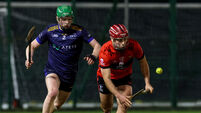

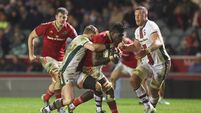
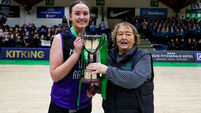
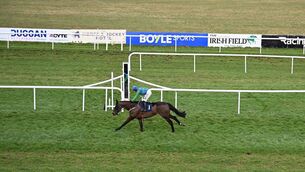



 App?
App?







